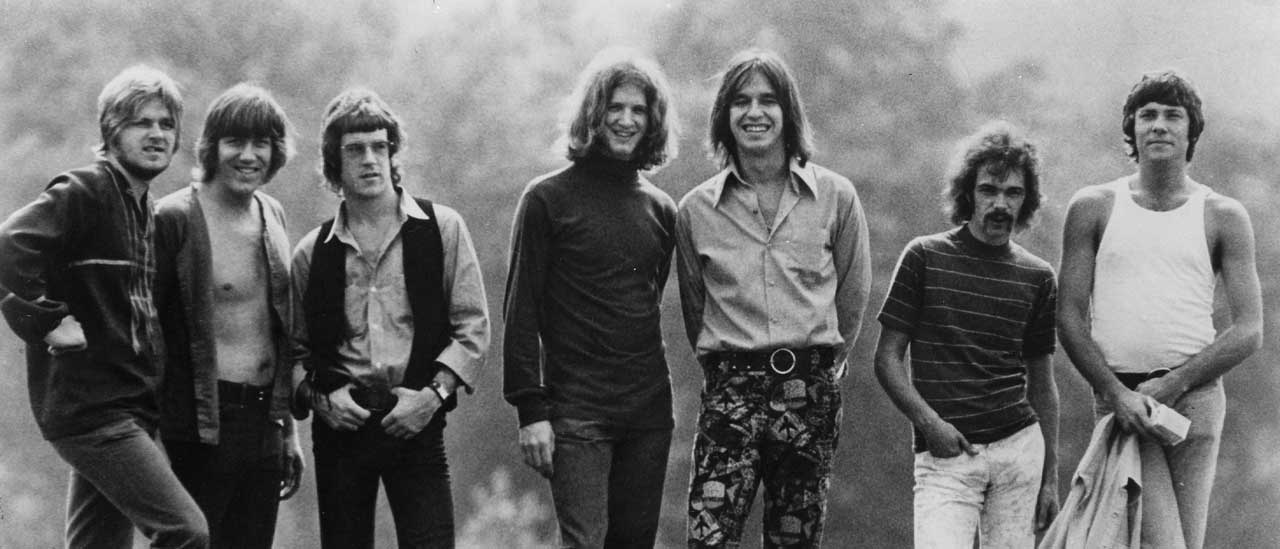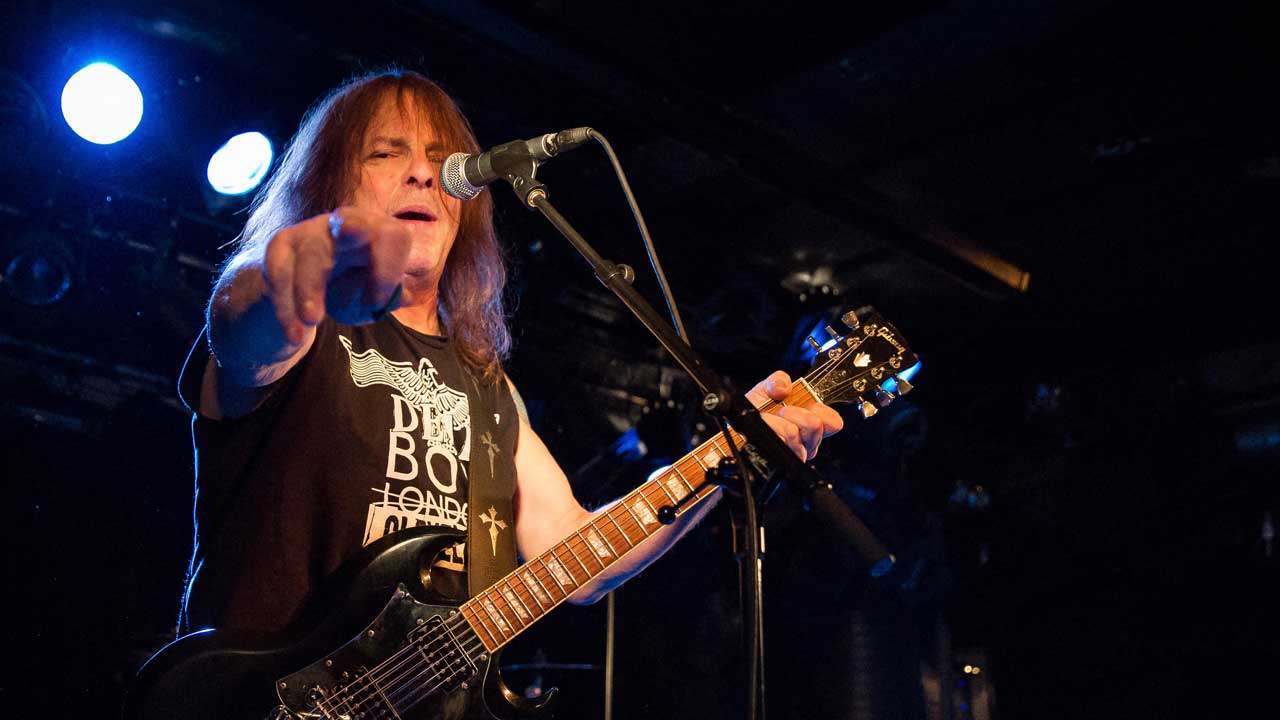You can trust Louder
Still such a going concern that they’re playing three nights at the Hollywood Bowl in September this year, Chicago claim to have sold 100 million records, including five million of 1975’s Chicago IX: Greatest Hits, their fifth successive US chart topper. Half a century on, the band’s biggest seller has been expanded from 11 to 21 tracks, which advances the story to 1980, although there are three Steven Wilson remixes from 2017.
They were so much of their time that 1971’s Chicago IV: At Carnegie Hall was a three-hour, four-LP live set. Even so they swiftly evolved from their inchoate jazz, soul, psychedelic, brassy, hippy melange into accomplished balladeers. They had neither a frontman (most members seemed to have a bash at lead vocals) nor a dominant songwriter, and they were as promotion-resistant as Pink Floyd or Daft Punk, defining themselves by their distinctive logo and titling albums with Roman numerals (2022’s XXXVIII being the most recent).
In fact the only consistents were the quality control that intra-band competition provides, and a vicious critical disdain, which even multi-instrumentalist Walter Parazaider admitted “sure hurt our feelings”. The music itself overwhelmingly supports the public rather than the critical view.
Before their evolution to relative gentleness, heralded by 1973’s Just You ‘N’ Me, trombonist James Pankow’s response to a lovers’ tiff, Chicago (named Chicago Transit Authority for their 1969 debut) were wild. Blood, Sweat & Tears were the first to take turbo-charged brassy, vaguely white soul to the US charts, but Chicago had the idea first.
Does Anybody Really Know What Time It Is? was an era-questioning song, but the still-thrilling rush of 25 Or 6 To 4, a song written about writing a song just after 3.30am, defined that first period. For all that, their winning way with a single (America’s best-selling singles act of the 70s were having US No.1s until 1988) defines them.
The Doobie Brothers made their own transition into AOR, albeit from a more blue-collar base, but, again, Chicago were there first. The Beach Boys tribute Wishing You Were Here featured actual Beach Boys, If You Leave Me Now, a late addition to Chicago X, remains balladistic perfection, and the super-funky Street Player was sampled heavily in The Bucketheads’ The Bomb!. With the release of this collection, this is the moment to rediscover Chicago.
As well as Classic Rock, John Aizlewood currently writes for The Times, The Radio Times, The Sunday Times, The i Newspaper, The Daily Telegraph, The Sunday Telegraph and Mojo amongst others. He’s written four books and appears on television quite often. He once sang with Iron Maiden at a football stadium in Brazil: he wasn’t asked back. He’s still not sure whether Enver Hoxha killed Mehmet Shehu…
You must confirm your public display name before commenting
Please logout and then login again, you will then be prompted to enter your display name.



